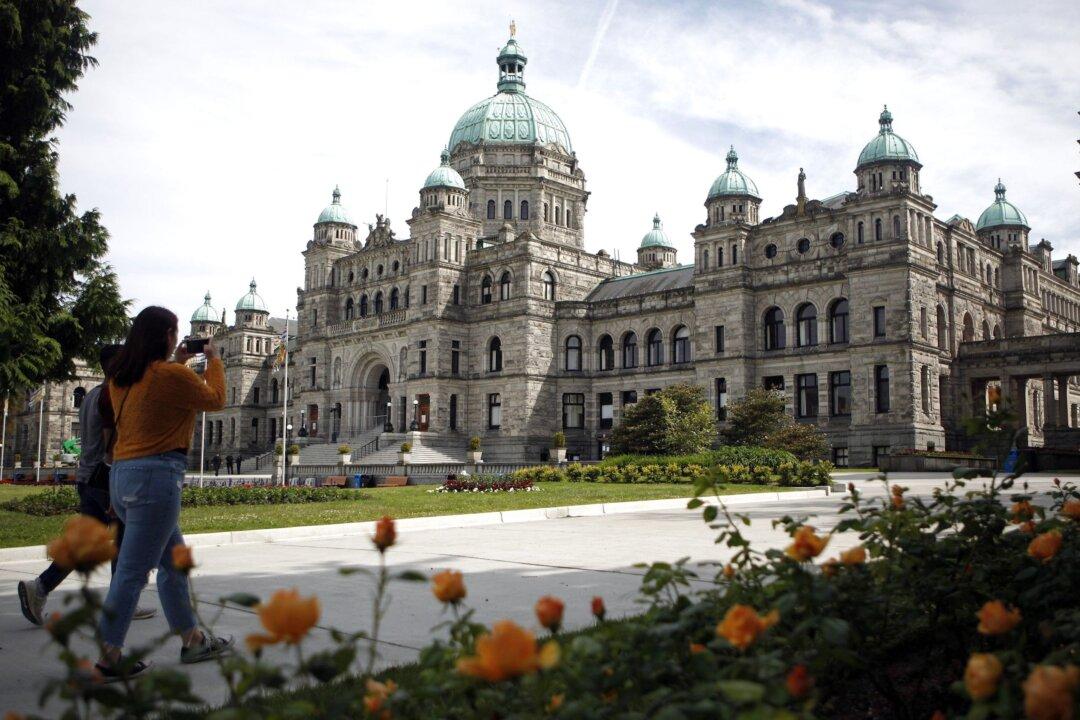Bruce Banman, the MLA for Abbotsford South, has defected from the BC United party and announced he will join the Conservative Party of British Columbia. As a result, the B.C. Conservatives now have official party status in the provincial legislature, with the same number of seats as the BC Green Party.
In a statement released on the Conservative Party of B.C.’s website on Sept. 13, Mr. Banman said his move will allow him to give the representation to voters he didn’t feel he could provide while with BC United.






